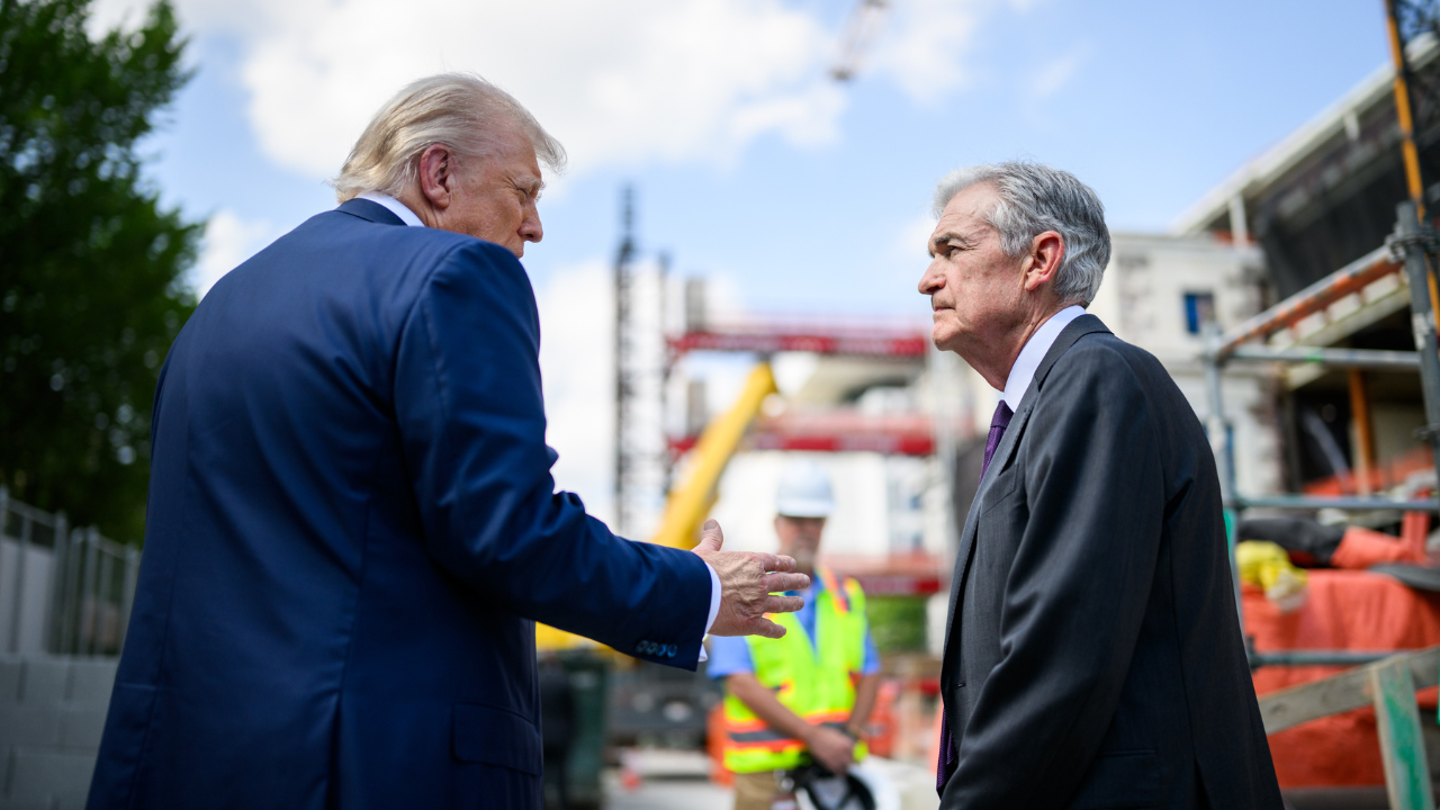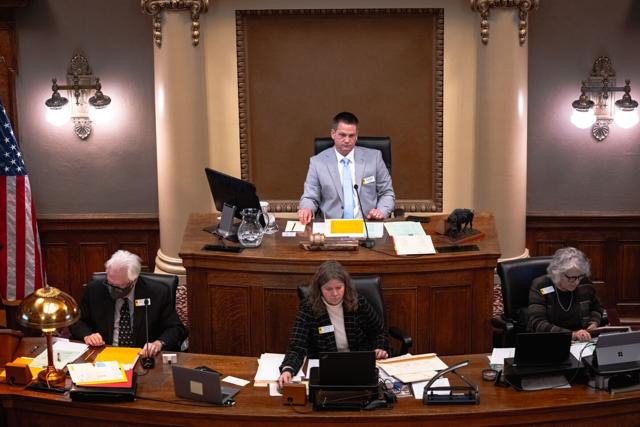Wyoming Senate leaders announced Wednesday evening that they will not pass a supplemental budget bill this legislative session, Wyoming News Now reports.
The decision, which came as a surprise to some lawmakers, means that any adjustments to state spending will have to wait until the next biennial budget discussions begin in eight months.
A supplemental budget is typically used to address emergency shortfalls in the state’s biennium budget. However, Senate leadership stated in a news release that now is not the time for increased spending.
“The Senate has concluded that now is not the time to increase spending needlessly,” the statement read. “The 2025-2026 biennium budget provides the necessary funding to run the state. With only eight months until budget discussions begin, now is not the time for this supplemental agreement.”
While acknowledging that certain funding issues—such as the external cost adjustment for K-12 education—are important, Senate leaders emphasized that they have addressed these matters through stand-alone legislation rather than adding “hundreds of millions of dollars” to the budget.
One major point of discussion is funding for Wyoming’s education system. Senate President Bo Biteman (R-Ranchester) pointed to House Bill 316, School Finance-Model Recalibration-2, which includes $48.8 million for education—a figure approved by the Appropriations Committee but lower than what was recommended in Governor Mark Gordon’s supplemental budget request.
“There will be an opportunity to adjust that amount accordingly,” Biteman said.
Senate leaders also cited the ongoing debate over property tax relief as a reason for avoiding additional state spending.
“Both chambers of the Wyoming Legislature are working hard to deliver property tax relief, and with that comes serious considerations on what we can afford and how,” Biteman stated. “As fiscal conservatives, we know that spending hundreds of millions of dollars while debating massive tax cuts is not the conservative thing to do.”
Biteman further explained that the Senate wants to wait and see the financial impact of potential tax cuts, as well as the effects of any changes at the federal level, before committing to further spending.
“This is not a decision that was made lightly,” the statement concluded. “But after careful consideration and discussions with our senators, we have reached a consensus that this is the correct choice for the correct time.”
The Senate’s announcement appeared to take some House members by surprise.
“I don’t know how the House will respond,” said House Majority Floor Leader Rep. Scott Heiner (R-Green River).
He added that the House had just been discussing the supplemental budget in caucus when the Senate made its decision public.










The latest news in your social feeds
Subscribe to our social media platforms to stay tuned